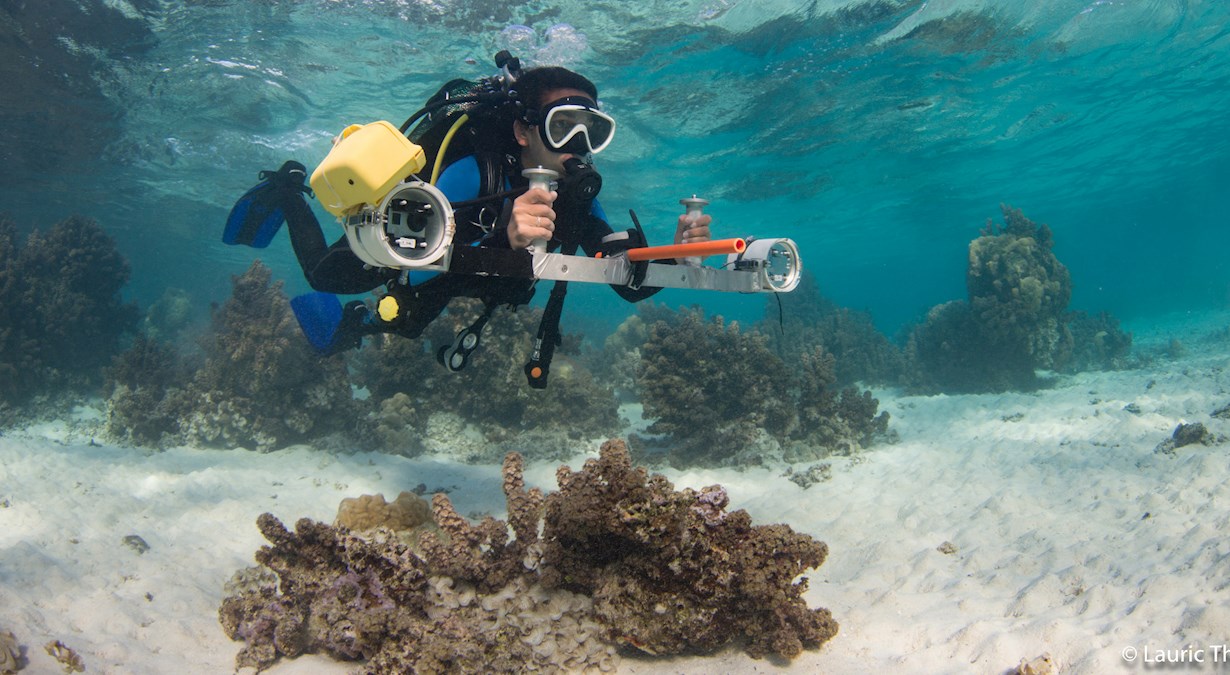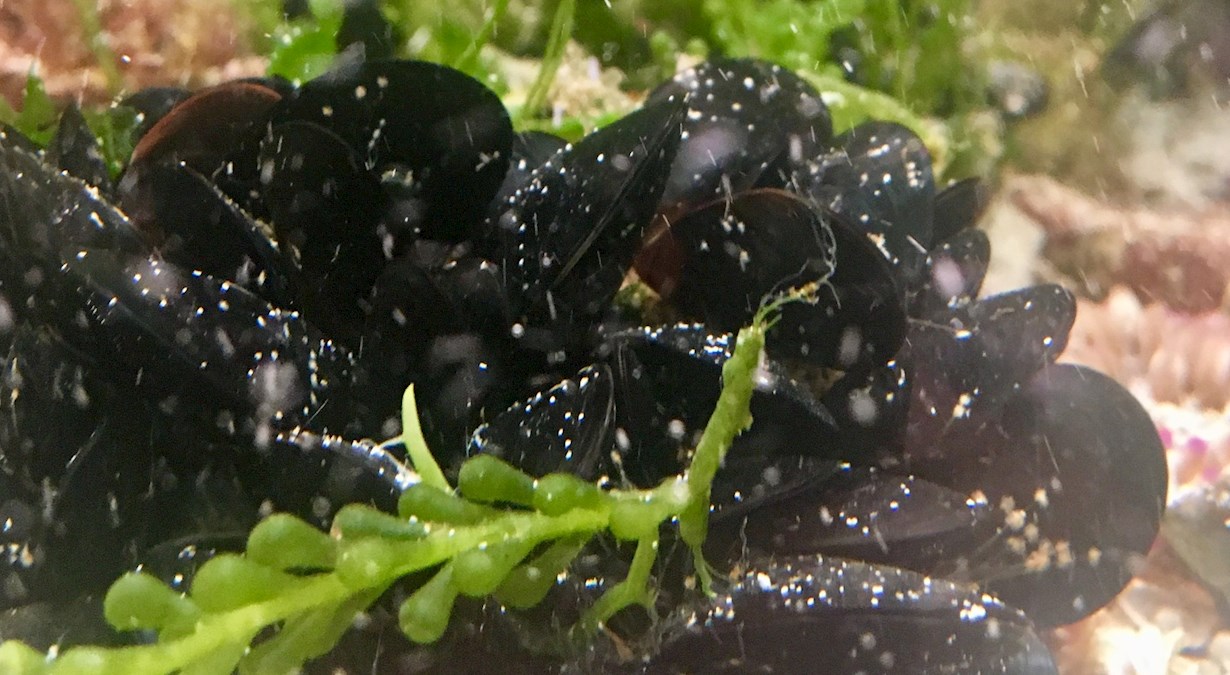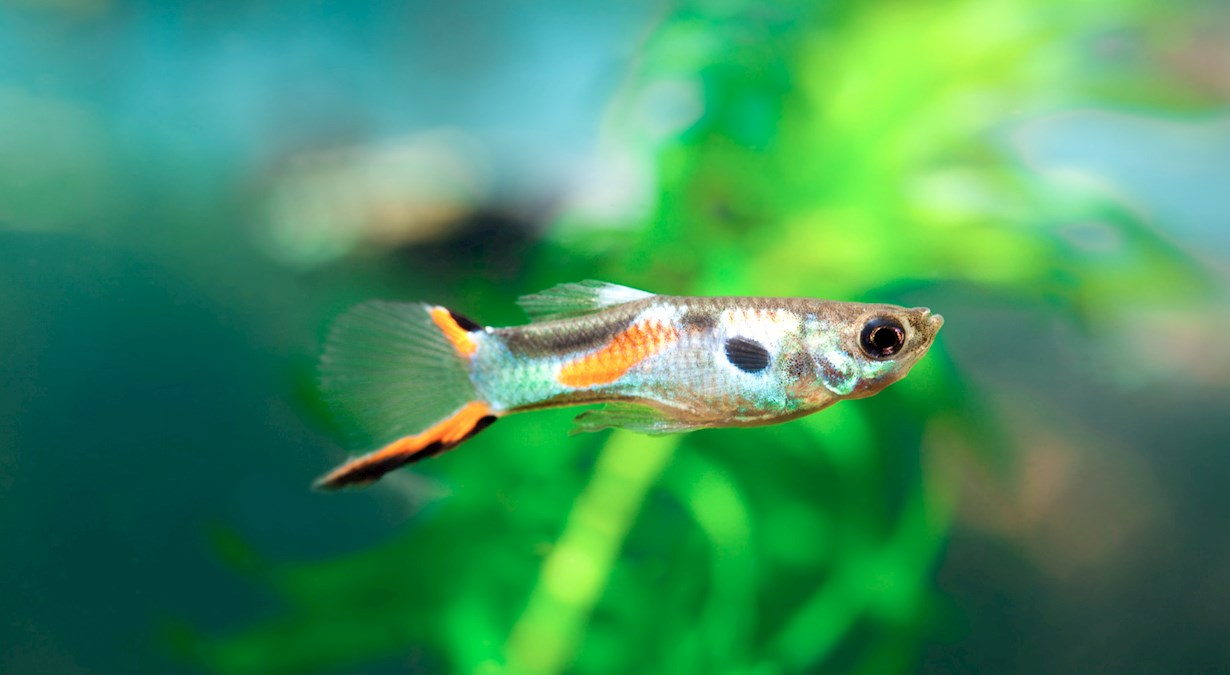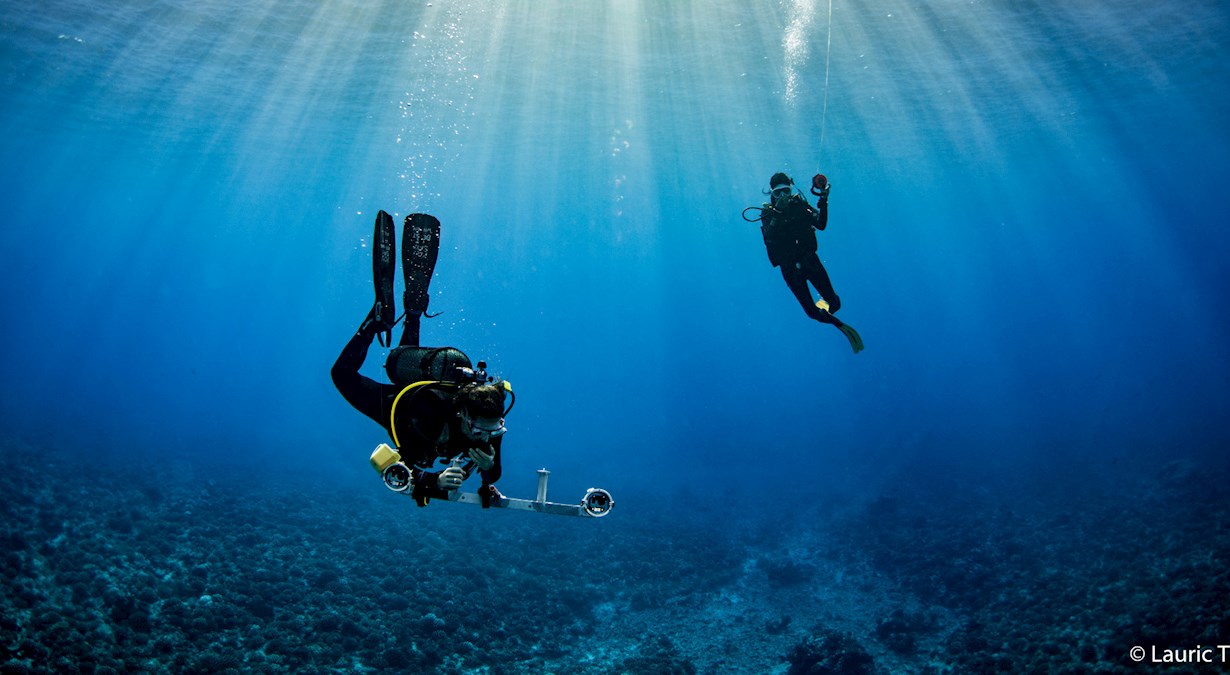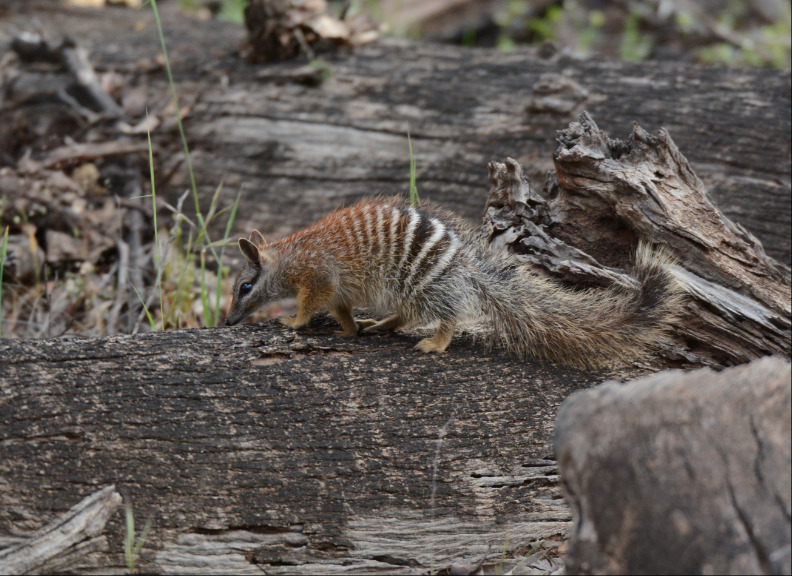
-
Highlights
-
Governance
-
Chancellor
-
Vice-Chancellor
-
Executive
-
History of the University
-
Schools
-
Campuses
-
Complaints
-
Official publications
-
Communications and marketing
-
Working at UWA
PROJECT
Vocal communication in the cooperatively breeding Western Australian Magpie
Researching the complex world of magpie communication
Magpies are vocally complex, and group members constantly communicate with one another throughout the day. Our previous research on cooperatively breeding species has revealed that group members constantly relay information to one another regarding predator threats, contributions to cooperative behaviour, and the presence of territory threats (non-group members).
We have an established population of magpies based in Perth. This population is fully habituated and ringed, and subject to long-term research.
We are seeking a student to conduct sound recordings, acoustic analysis and playback experiments to determine the complexity of communication among group members, what information is conveyed, and how such information benefits group members.
We would be interested in students addressing advanced issues such as the possibility of vocal negotiation of cooperation and conflict avoidance among group members.
For more background information, see the suggested readings below.
- Suggested readings
-
- Bradbury, J.W. & Vehrencamp, S.L. (Editors). 2011. Principles of animal communication (2nd Edition). Sinauer Associates Inc, Massachusetts.
- Massen, J.J.M, Pasukonis, A., Schmidt, J. & Bugnyar, T. (2014). Ravens notice dominance reversals among conspecifics within and outside their group. Nature Communications 5, Article number 3679.
- Bell, M.B.V., Radford, A.N., Smith, R.A., Thompson, A.M. & Ridley, A.R. 2010. Bargaining babblers: vocal negotiation of cooperative behaviour in a social bird. Proceedings of the Royal Society of London Series B – Biological Sciences 277, 3223-3228.
Research team leader: Associate Professor Amanda Ridley
My main interests lie in the field of behavioural ecology. I am particularly interested in the evolution and dynamics of cooperative breeding behaviour. My research involves understanding the causes of helping behaviour, and the costs and consequences of such behaviour. I have an increasing interest in long-term population dynamics, host-brood parasite interactions in cooperative systems, and the complexity of interspecific interactions.
Scholarships
- Domestic students
-
All domestic students may apply for Research Training Program and University Postgraduate Awards (UPA) scholarships
- International students
-
A range of scholarships are available from international organisations and governments. The full list, organised by country, is available on the Future Students website.
In addition, all international students may apply for International Research Training Program scholarships.
- Indigenous students
- Indigenous students are encouraged to apply for Indigenous Postgraduate Research Supplementary Scholarships.
- Forrest Foundation scholarships
- All international and Australian students who wish to study towards the degree of Doctor of Philosophy (PhD) at The University of Western Australia may apply for Forrest Scholarships.



































